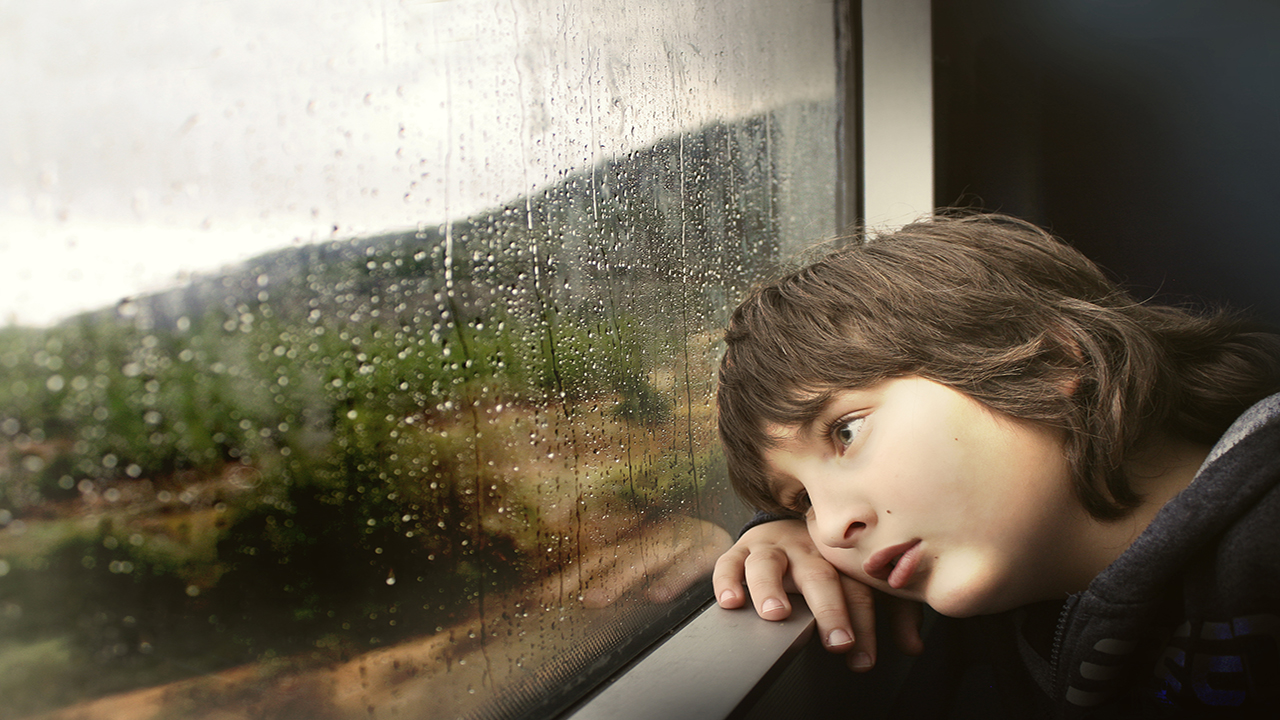 Unsplash
Unsplash
Depression in children, even among toddlers, is an increasingly recognized problem. An estimated 7 to 14 percent of children will experience an episode of major depression before the age of 15. (1) Joan L. Luby, M.D. a professor of child psychiatry at Washington University at St. Louis, has extensive research interest and experience in the area of mood disorders and depression in preschool children. (2)
Her work demonstrates that children as young as 3 years old can become clinically depressed. They experience the same symptoms and severity as the type of depression observed in adults. (3)
Major depression is a serious condition that can take over a child’s mood and thoughts. Repeated episodes take a toll on the developing mind and negatively impact social development, learning and building of self-esteem. All children experience sadness and may act depressed at some time in their lives.
Most get over these symptoms in a few days, while others do not. Children with depression feel a constant sense of discouragement, loss of self-worth and loses interest in activities they once enjoyed.
Depression is not caused by one factor or event, but rather, the result of several factors, which vary among individuals. Three main factors influence the onset of depression -- genetics, neurochemistry and life experiences.
Genetics may serve as a predisposing factor to depression, however, there is growing evidence that the ongoing and repeated interactions within the family have a greater influence. (4)
Lowered levels of the neurotransmitters serotonin, norepinephrine and dopamine have been linked to depression. Neurotransmitters are chemical messengers which the brain uses to communicate within itself and the nervous system. (5) Significant life experiences such as the death of a loved one or a divorce, serious illness and physical, emotional or sexual abuse can lead to depression.
Parents should seek help if one or more of the following symptoms of depression persist. These include frequent episodes of sadness, tearfulness and crying, hopelessness, loss of interest in previously enjoyed activities, increased irritability, anger or hostility, persistent boredom and low energy.
A child with depression may become socially isolated, have difficulty communicating, have low self-esteem and guilt, be extremely sensitive to rejection and failure and have difficulty with relationships. Frequent complaints of physical illness such as headaches or stomach aches, frequent absences from school or poor performance in school, poor concentration and a major change in eating and/or sleeping patterns are all warning signs.
Parents need to seek help if a child talks of or makes an effort to run away from home, expresses suicidal thoughts or displays self-destructive behaviors.(6)
Depression is a real illness that requires professional help. It will not go away on its own nor will a child simply outgrow it. Early diagnosis and treatment are
essential.
Treatment options include both family and individual therapy, cognitive behavioral therapy and interpersonal psychotherapy. The use of antidepressant medications may be necessary.
Parents should first consult their child’s pediatrician and ask to be referred to a qualified mental health professional who specializes in the diagnosis and treatment of childhood depression.
Sources:
(1) Children’s Hospital Boston: Major Depression, Oct. 11, 2011
http://www.childrenshospital.org/az/Site1268/mainpageS1268P0.html
(2) Washington University at St. Louis: Joan L. Luby, M.D., Oct. 11, 2011
http://www.psychiatry.wustl.edu/c/Faculty/FacultyDetails.aspx?ID=270
(3) Child Psych: Depressed Preschool Children: The Role of Shame and Guilt,
Oct. 11, 2011
http://www.child-psych.org/2009/04/depressed-preschool-children-role-of.html
(4) Psychology Today: What Causes Depression? Oct. 11, 2011
http://www.psychologytoday.com/articles/200307/what-causes-depression
(5) MentalHealth.net: Biology of Depression, Oct. 11, 2011
http://www.psychologytoday.com/articles/200307/what-causes-depression
(6) American Academy of Child & Adolescent Psychiatry: The Depressed Child,
Oct. 11, 2011
http://www.aacap.org/cs/root/facts_for_families/the_depressed_child
Reviewed October 12, 2011
by Michele Blacksberg RN
Edited by Jody Smith





Add a CommentComments
There are no comments yet. Be the first one and get the conversation started!